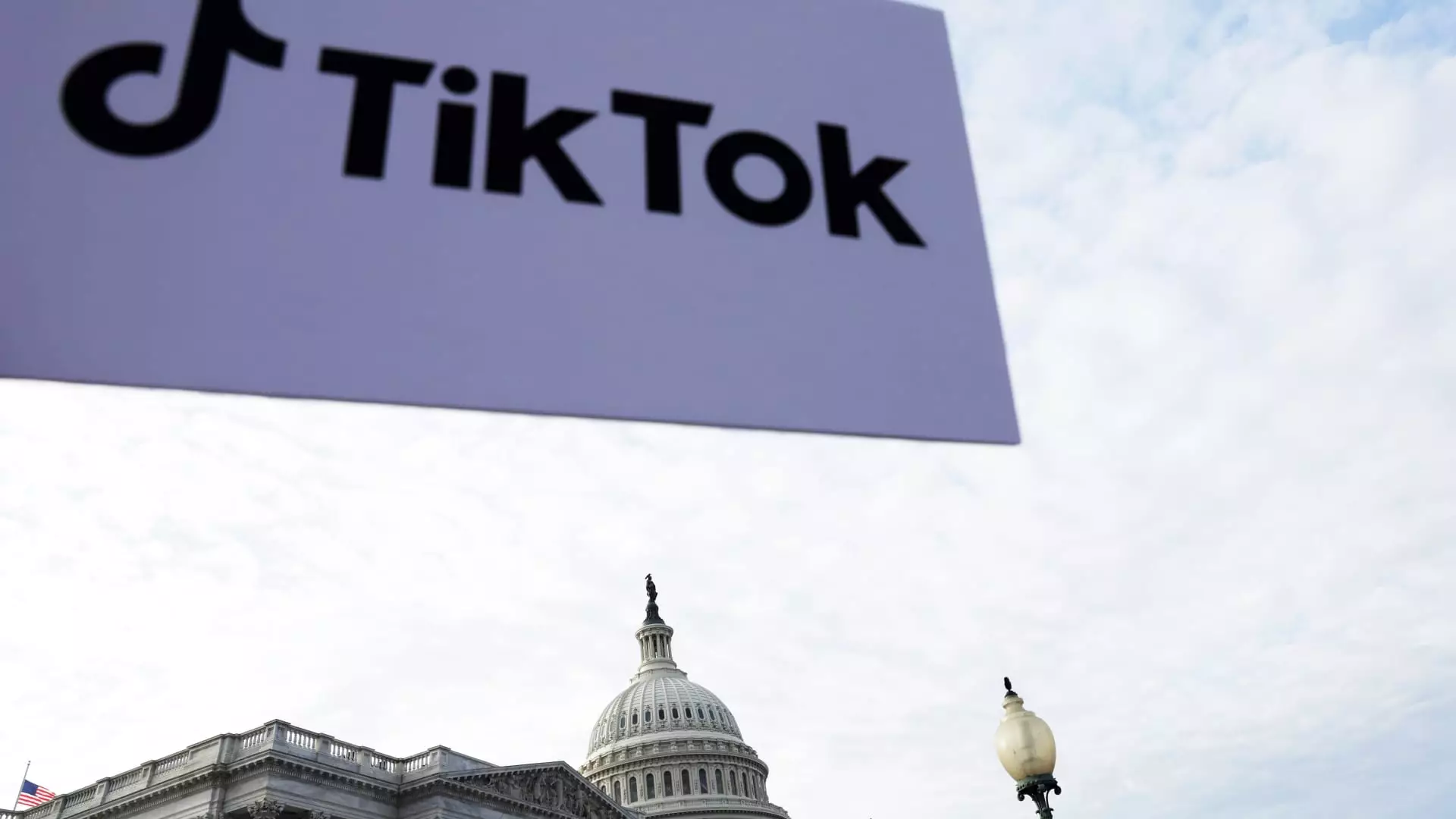The ongoing debate about TikTok’s ownership and its implications for U.S. national security has reached a decisive moment as lawmakers urge Apple and Google to prepare for potential enforcement of a ban. Both companies are facing pressure as the Select Committee on the Chinese Communist Party emphasizes their responsibilities as app store operators. This action follows a recent ruling by the U.S. Court of Appeals affirming a law requiring the Chinese parent company, ByteDance, to divest from TikTok by January 19. If this requirement is not met, Apple and Google will be obligated to remove the app from their platforms, igniting discussions about tech governance and international relations.
The Legal Framework and Legislative Intent
The legal framework pertaining to the TikTok situation stems from concerns about national security and the influence of foreign adversaries in American digital spaces. Lawmakers Moolenaar (R-Mich.) and Krishnamoorthi (D-Ill.) have highlighted the necessity for compliance from top tech officials, underscoring a legislative intent that seeks to deter potentially harmful foreign influence. They pointed out that TikTok has had sufficient time—233 days, to be precise—to act on compliance measures since the original law regarding its operations was enacted under President Biden. This timeline suggests a legislative expectation for responsiveness to national security matters, while also raising the stakes for app store operators.
TikTok’s legal battles and the potential for a U.S. ban carry significant economic repercussions, particularly for small businesses and social media creators who rely on the platform. According to TikTok, a month-long ban could result in losses exceeding $1.3 billion in sales and earnings for these entrepreneurs. This alarming figure emphasizes the critical role that social media plays in modern business strategies, highlighting a disconnect between legislative actions rooted in national security and the day-to-day economic realities faced by countless users of the app.
The potential disruption underscores the need for a nuanced understanding of how technology intersects with both commerce and security. The voices of those impacted—small business owners and content creators—deserve representation in discussions about enforcement and regulatory decisions, as the ripple effect of a ban could lead to larger societal implications.
TikTok’s Response and Future Directions
In response to the ruling, TikTok’s CEO, Shou Zi Chew, characterized the law as unconstitutional, citing violations of First Amendment rights for its 170 million users. This pushback reveals a fundamental tension between regulatory initiatives aimed at protecting national interest and the rights asserted by a foreign app that has embedded itself deep within American social media culture. As TikTok seeks judicial relief through an emergency motion for an injunction, the case sets the stage for a potential Supreme Court showdown.
TikTok’s predicament raises questions about the balance of power between businesses and government, and whether technology companies should bear the burden of international political decisions. Can a legal apparatus effectively regulate the digital landscape without encroaching upon the civil liberties of individual users? These discussions are critical for both policymakers and the tech industry as they navigate the complexities of globalization and digital content.
With the upcoming swearing-in of President-elect Donald Trump, uncertainties linger regarding the enforcement of the ban. The former president’sInitial aggressive stance on TikTok softened after meeting with high-profile investors like Jeff Yass, raising questions about the influence of financial stakeholders on policy directions. This situation illustrates the intricate interplay between politics, business interests, and national security, suggesting that future outcomes may be shaped by motivations beyond simple regulatory compliance.
The intricacies surrounding TikTok illustrate that the implications of app governance extend beyond individual platforms; they present broader challenges that affect technology policy, international relations, and economic health. The ability of legislators to effectuate change while respecting user rights and maintaining economic stability will shape how America addresses the intersection of technology and national security in years to come.


Leave a Reply